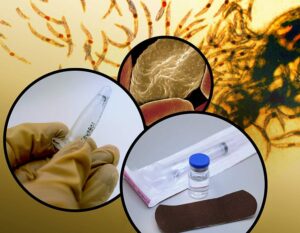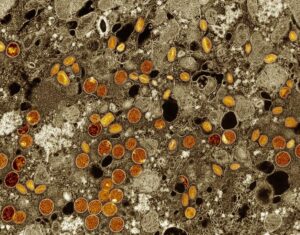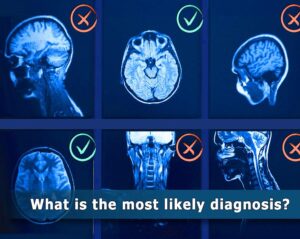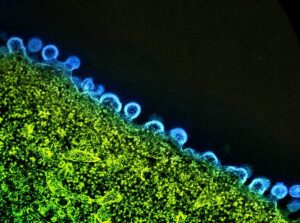Among long-term cancer survivors (on average, study subjects had been diagnosed with the disease eight years prior), those who closely followed a Mediterranean eating pattern had a 32 percent lower risk of dying from any cause and a 58 percent lower risk of heart-related death compared to those who didn’t follow the diet at all.
“Now, our findings indicate that this dietary pattern is also effective for people who already had a cancer diagnosis,” says lead study author Marialaura Bonaccio, PhD, co–principal investigator of the Joint Research Platform at the Department of Epidemiology and Prevention of the IRCCS Neuromed in Milan.
Reducing Risk for a Growing Population for Cancer Survivors
The study prospectively gathered data from 802 participants living in Italy (476 women and 326 men, with an average age of 63) who had some type of cancer diagnosis and could provide relevant medical records and information regarding their cancer treatment.
Participants were interviewed about their diet over the preceding 12-month period using a validated food frequency questionnaire. Diets were evaluated on a 10-point scale by how closely they resembled the Mediterranean diet (poor, 0 to 3; average, 4 or 5; and high, 6 to 9) and then the groups were analyzed and compared in terms of 2-point increments based on previous studies in which the scale was used.
After an average of 12 years of follow-up, researchers reported 248 all-cause deaths, including 59 cardiovascular-related deaths and 140 from cancer.
The analysis revealed that there was a 16 percent decrease in death from any cause for every 2-point increase in a person’s Mediterranean diet score. Those results indicated that cancer survivors who closely followed the eating pattern were less likely to die from any cause or heart disease compared to people with lower scores. The association between the diet score and cancer-related death wasn’t statistically significant, however.
Although the researchers found that participants with a higher Mediterranean diet score tended to have a higher income and education level and reported more physical activity compared to people with lower scores, the analysis controlled for these and other factors that could influence the findings, including age, physical activity, education level, and smoking status.
How a Mediterranean Diet May Help Health and Longevity After a Cancer Diagnosis
There are several ways a Mediterranean diet could improve heart health and help cancer survivors live longer. It’s rich in foods that are natural sources of bioactive compounds, such as polyphenols, which have powerful anti-inflammatory and antioxidant properties.
“That may lead to reduced low-grade inflammation and oxidative stress, two mechanisms involved in the pathogenesis of both cardiovascular disease and cancer,” says Bonaccio. “Major food sources of polyphenols are fruits and nuts, vegetables, and cereals, as well as olive oil, which is the main source of added fat in the Mediterranean diet.”
The Mediterranean diet’s emphasis on healthy fats from olive oil, nuts, and fish may support heart health in addition to reducing inflammation and providing antioxidants, says Kate Donelan, RD, at Stanford Health Care in California, who was not involved in the study.
The Mediterranean diet also encourages balanced eating and nutrient-dense foods, which can help with maintaining a healthy weight and immune function, says Donelan, two factors that may independently contribute to longevity for cancer survivors.
What Kind of Diet Is Best After a Cancer Diagnosis?
“Although these recommendations do not make direct reference to the Mediterranean diet, they basically align with the Mediterranean diet principles,” Bonaccio says. That includes a focus on fresh foods, often those that are in season, and are minimally processed.
“In general, these [study] findings support what’s been seen in other observational studies on a Mediterranean diet and cancer survival,” says Steven Clinton, MD, PhD, a researcher and oncologist in the James Comprehensive Cancer Center at The Ohio State University in Columbus, who was not involved in the study. He points out that other types of healthy diets that are high in fiber and fruits and vegetables can also promote health, survival, and quality of life.
“The message is that even after a cancer diagnosis, people can make a difference by maintaining or adopting a healthy eating style, such as the Mediterranean diet,” says Bonaccio.













Post Comment